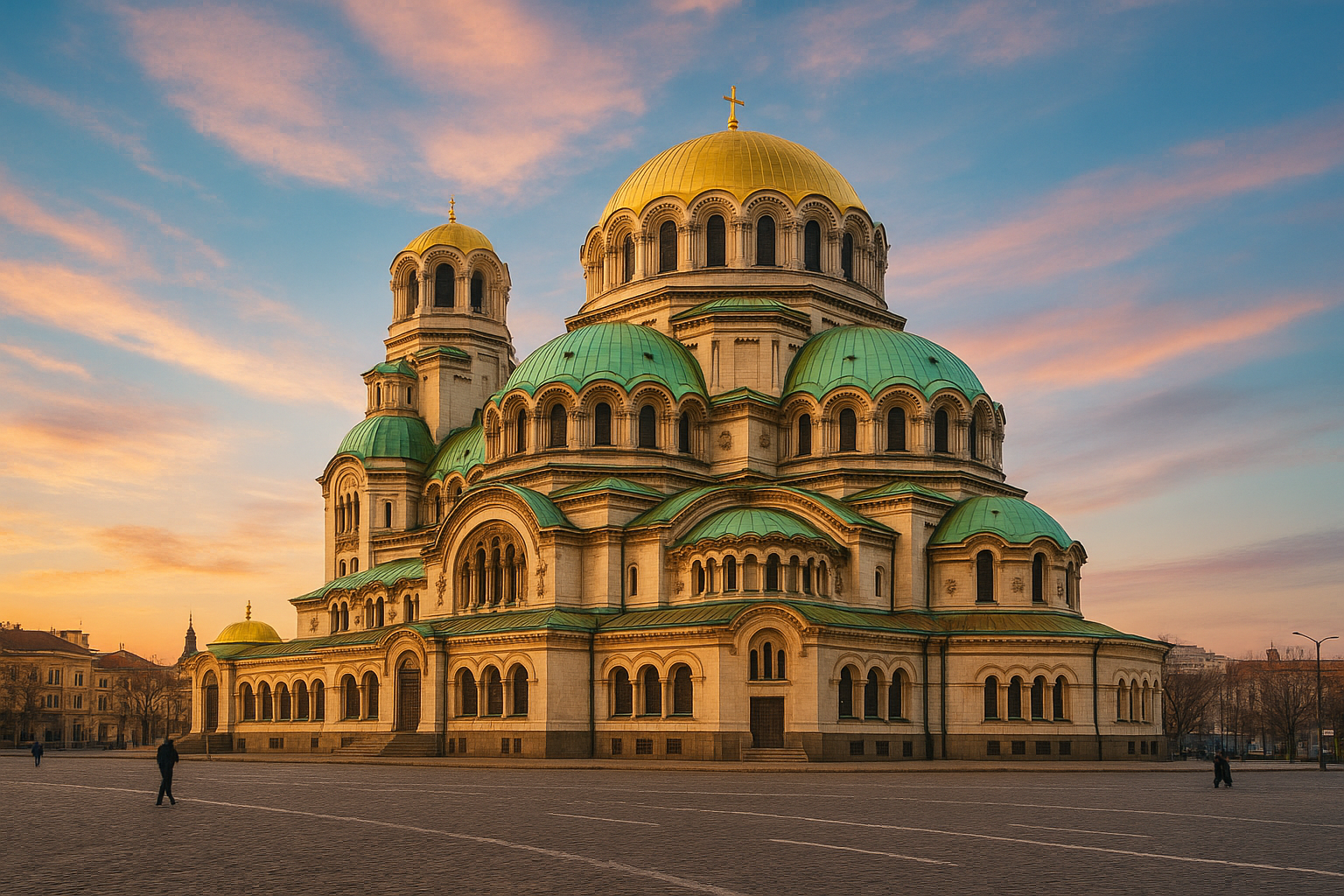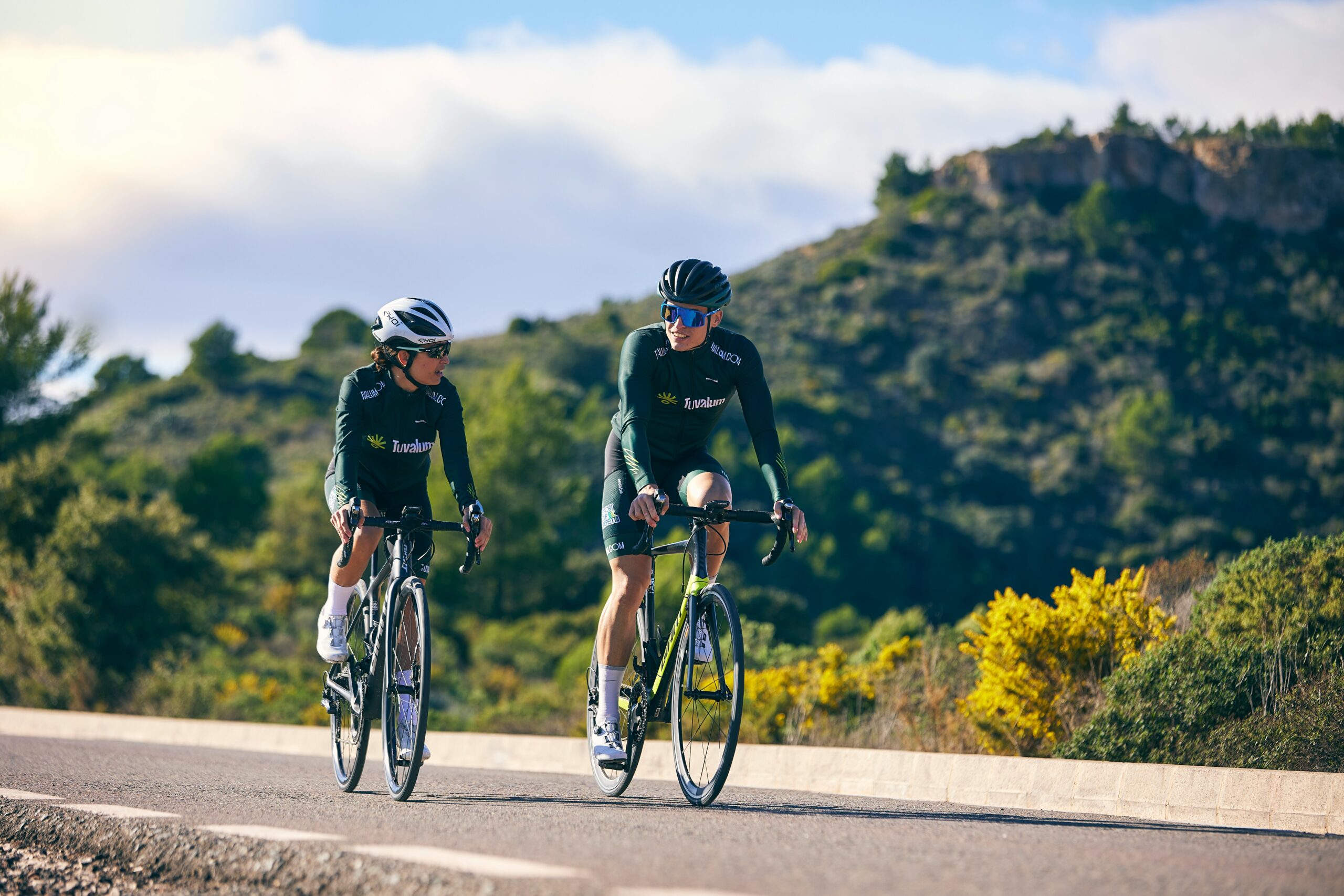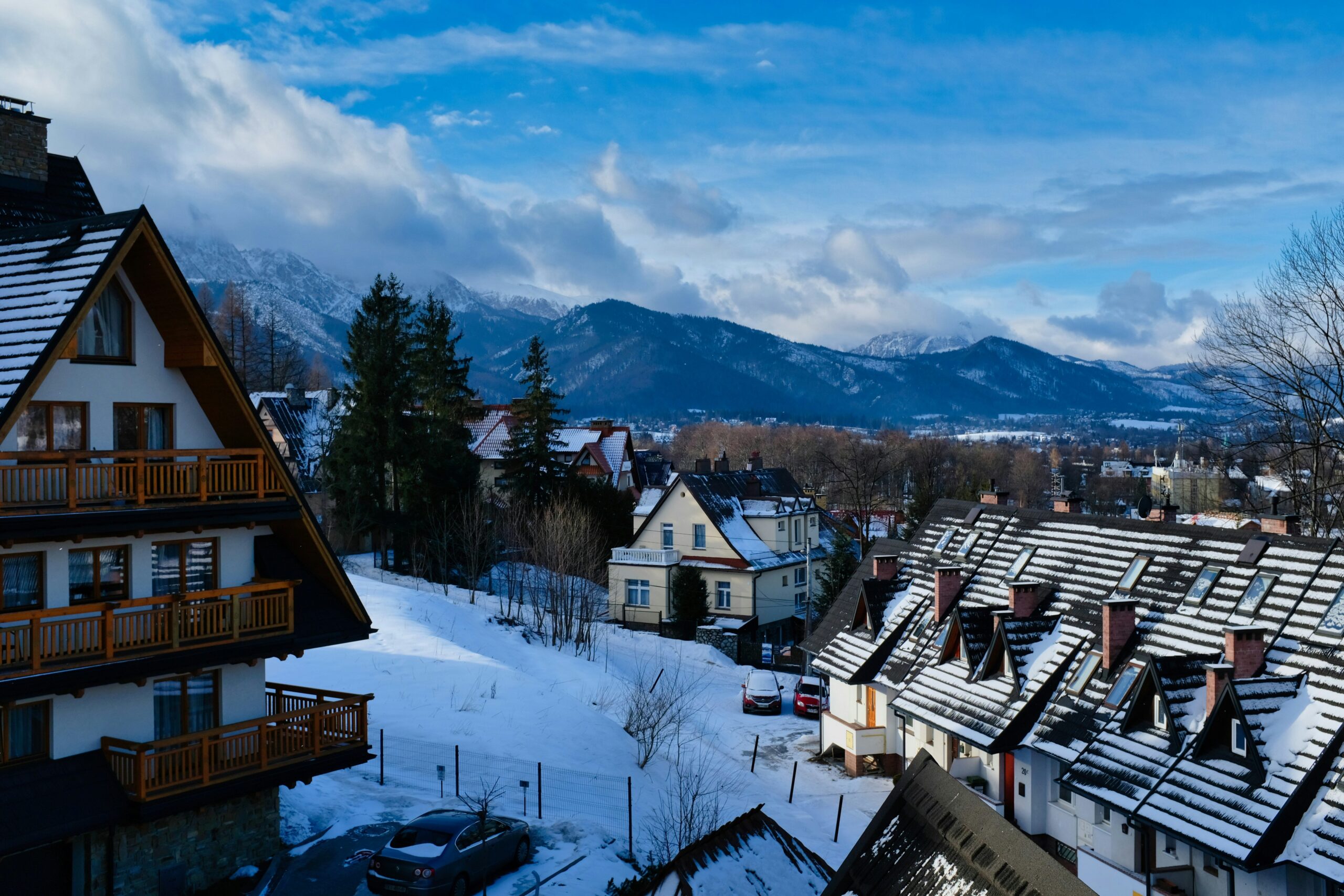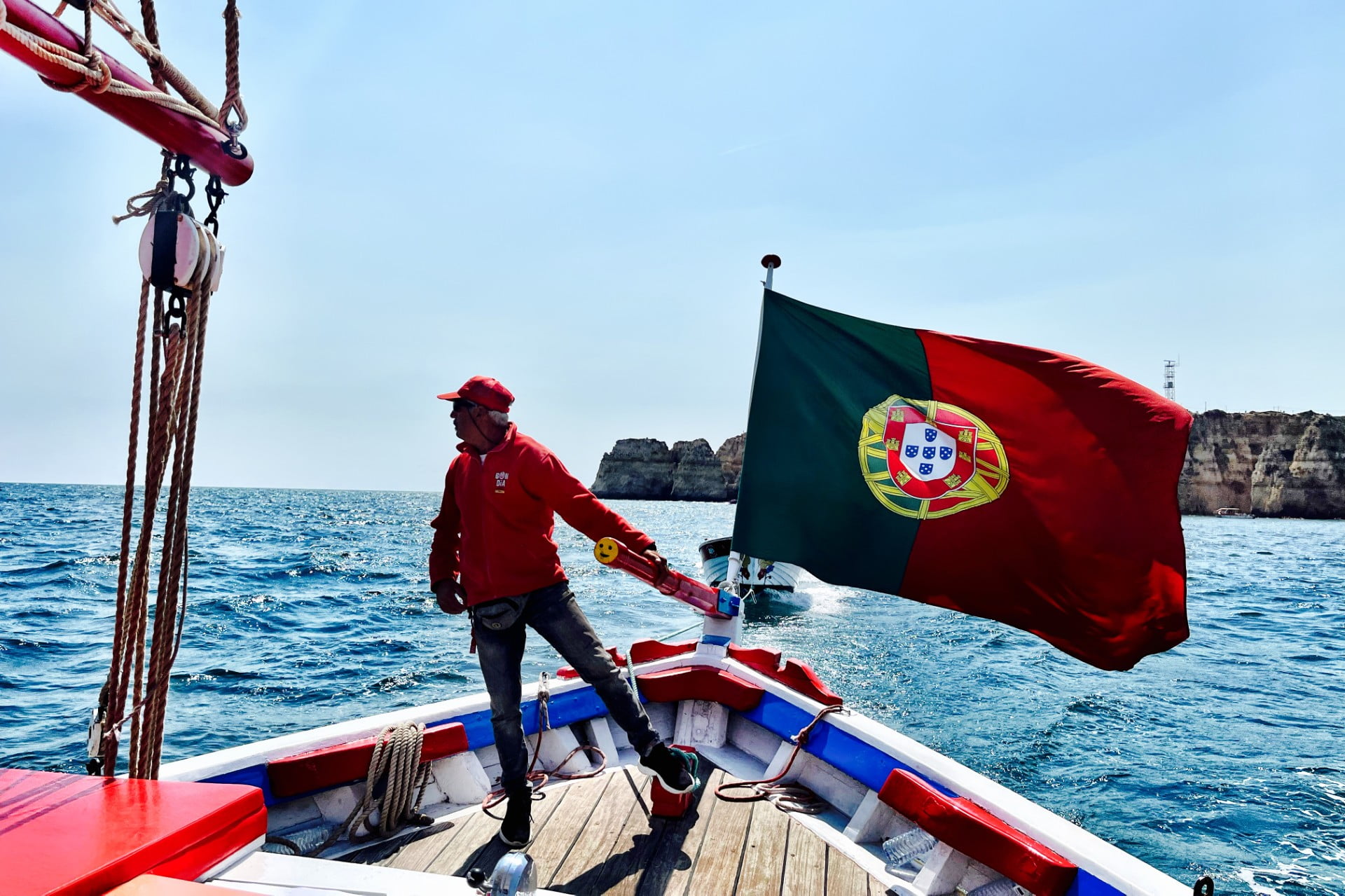Discover Bulgaria: From Plovdiv’s Charm to the Black Sea Coast
Bulgaria quietly sits at Europe’s crossroads, where ancient civilizations left their mark and modern life unfolds at a refreshingly unhurried pace. While Instagram feeds overflow with overcrowded Mediterranean hotspots, this Balkan nation offers something increasingly rare: authentic experiences that won’t drain your bank account.
From Plovdiv’s 8,000-year-old streets to the pristine Black Sea coastline, Bulgaria delivers a compelling mix of deep history, stunning landscapes, and surprisingly robust infrastructure—making it equally appealing whether you’re planning a two-week cultural immersion or considering a longer stay as a digital nomad.
Why Bulgaria Deserves Your Attention
The numbers tell part of the story: you can live comfortably on €800-1,200 monthly, enjoy average internet speeds of 70 Mbps in cities, and explore UNESCO heritage sites without fighting through tour groups. But Bulgaria’s real appeal lies in its diversity. Morning coffee in a Roman amphitheater, afternoon hiking in the Rhodope Mountains, and evening wine tasting in the Thracian Valley—all possible within a few hours’ drive.
The country’s strategic location makes it a perfect base for exploring the Balkans, while its EU membership eliminates visa hassles for European residents. For non-EU citizens, the standard 90-day tourist stay often provides enough time to truly understand whether Bulgaria could become a longer-term home base.
Getting There: Your Gateway Options
Sofia Airport (SOF) handles most international traffic, with budget carriers like Wizz Air and Ryanair offering direct connections from major European cities. Flight prices from London, Berlin, or Vienna typically range from €50-150 depending on season and booking timing.
Regional airports serve specific purposes:
- Plovdiv Airport (PDV): Your gateway to central Bulgaria and mountain regions
- Varna Airport (VAR): Direct access to northern Black Sea resorts
- Burgas Airport (BOJ): Ideal for southern coastal destinations
Overland routes prove surprisingly efficient and scenic. The train from Belgrade takes about 7 hours through beautiful countryside, while buses from Istanbul, Bucharest, or Athens provide budget-friendly alternatives with stunning mountain views.
Plovdiv: Where Ancient Meets Artisanal
Calling Plovdiv simply “old” undersells its complexity. Yes, it predates Rome and Athens, but this city pulses with contemporary energy. The cobblestoned Old Town hosts art galleries alongside Roman ruins, while the revitalized Kapana district buzzes with craft beer bars, design studios, and coworking spaces.
The Roman Theater remains Plovdiv’s crown jewel—imagine attending a summer concert in a venue that’s hosted performances for nearly 2,000 years. The acoustics remain pristine, and ticket prices start around €15 for world-class performances.
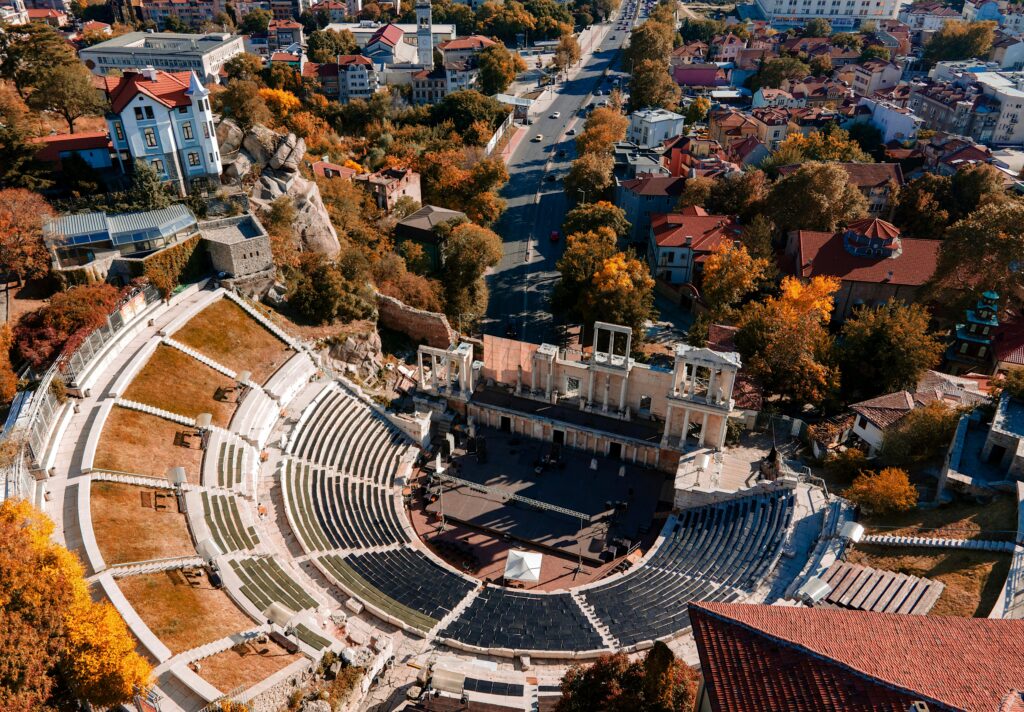
For digital nomads, Kapana district offers excellent workspace options. Fabrika Coworking provides high-speed internet, printing facilities, and a community of international remote workers for €80 monthly. The nearby Pavaj cafe doubles as an informal coworking spot with reliable WiFi and exceptional Bulgarian coffee.
Food scene highlights include Moma, where traditional recipes get modern presentation, and Hem, a hidden gem serving regional specialties in a restored 19th-century house. Expect to spend €8-12 for excellent meals.
The Black Sea: Beyond Sunny Beach Stereotypes
Bulgaria’s 378-kilometer coastline offers remarkable variety, from party destinations to tranquil fishing villages where locals still mend nets by hand.
Sozopol captures old Bulgaria’s essence with its wooden houses perched above rocky coves. The town’s art galleries and small museums provide cultural depth, while waterfront restaurants serve incredibly fresh seafood. Budget €40-60 nightly for charming guesthouses with sea views.
Nessebar, despite its UNESCO status, maintains authentic character outside peak summer months. Visit in late September or early October for warm sea temperatures without crowds. The medieval churches and Byzantine ruins tell fascinating stories, especially when explored with local guide Georgi Petrov, whose walking tours cost €10 and provide insights unavailable in guidebooks.
Varna offers the best of both worlds: serious cultural attractions (the Archaeological Museum houses the world’s oldest worked gold) and modern amenities essential for extended stays. The Tsvetan Lazarov Library provides free WiFi and quiet workspace, while Impact Hub Varna offers professional coworking facilities for €95 monthly.
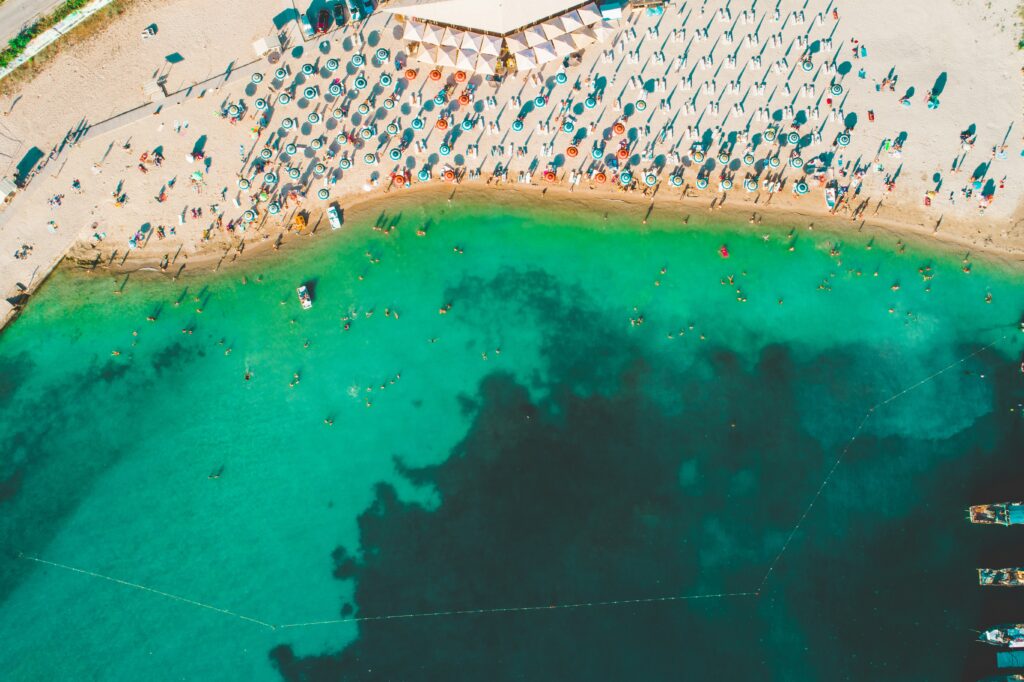
Real Cost Breakdown: What Your Money Actually Buys
Accommodation varies significantly by location and season:
- Sofia/Plovdiv: €300-500 monthly for one-bedroom apartments in good neighborhoods
- Black Sea coast (off-season): €250-400 monthly
- Summer coastal rentals: €600-900 monthly, but split between roommates
Daily expenses prove remarkably low:
- Local restaurant meals: €6-10
- Weekly grocery shopping: €25-35
- City transport passes: €15-20 monthly
- Domestic wine: €3-5 per bottle
- Craft beer in bars: €2-3
Professional services cost significantly less than Western Europe:
- Dental cleaning: €25-35
- Haircut: €8-15
- Gym memberships: €25-40 monthly
Culinary Adventures: Beyond Tourist Menus
Bulgarian cuisine reflects the country’s crossroads position, blending Mediterranean freshness with hearty Balkan traditions. Skip the tourist-oriented restaurants and follow locals to small mehanas (traditional taverns).
Must-try dishes include kashkaval pane (fried cheese that’s comfort food perfection), lutenitsa (a flavorful pepper and tomato spread), and shkembe chorba (tripe soup that locals swear cures hangovers). Vegetarians will love bob chorba (white bean soup) and the variety of fresh salads featuring local vegetables.
Wine regions like the Thracian Valley produce excellent bottles for €8-15 that would cost €25-35 in Western Europe. The Enira winery offers tastings and tours showcasing Bulgaria’s ancient winemaking traditions.
Digital Infrastructure: The Nomad Reality Check
Bulgaria consistently ranks among Europe’s top countries for internet speed and affordability. Most cities offer fiber connections reaching 100+ Mbps for €15-20 monthly. Mobile data proves equally impressive—unlimited 4G plans cost around €12 monthly.
Coworking scenes in major cities continue expanding:
- Sofia: Puzl CowOrKing and Betahaus lead the scene
- Plovdiv: TechPark and Biz Labs serve growing remote worker communities
- Varna: Coworking Space Varna and Impact Hub provide professional environments
Banking remains cash-focused outside major cities, though card acceptance increases rapidly. ATM fees typically run €2-3 for foreign cards.
Cultural Immersion: Beyond Surface Tourism
Understanding Bulgaria requires engaging with its complex history. The National History Museum in Sofia provides essential context, while smaller regional museums offer intimate glimpses into local traditions.
Festival calendar highlights include:
- Kukeri ceremonies (January-March): Masked dancers in elaborate costumes perform ancient rituals
- Rose Festival (June): Kazanlak celebrates Bulgaria’s famous rose oil production
- Apollonia Arts Festival (September): Sozopol hosts international music and theater performances
Language basics prove invaluable. While younger Bulgarians often speak English, learning Cyrillic script and basic phrases dramatically improves daily interactions. Many locals appreciate any effort to communicate in Bulgarian.
Hidden Gems: Escaping the Obvious
Belogradchik Rocks in northwestern Bulgaria create an otherworldly landscape perfect for hiking and photography. The nearby medieval fortress offers spectacular sunset views, and local guesthouses provide authentic rural experiences.
Shiroka Laka village in the Rhodope Mountains preserves traditional architecture and folk music traditions. Visit during winter for authentic Christmas celebrations, or summer for hiking and folk festivals.
Plovdiv’s surrounding wine region offers boutique wineries like Dragomir and Rumelia, where tastings include traditional Bulgarian appetizers and personal stories from winemaking families.
Practical Considerations for Extended Stays
Healthcare proves affordable and competent. EU citizens receive emergency treatment, while comprehensive private insurance costs €200-400 annually. Many doctors speak English, particularly in larger cities.
Residence permits for non-EU citizens require proof of income (typically €500+ monthly) and health insurance. The process takes 2-3 months but allows longer stays and eventual permanent residency paths.
Transportation between cities relies on buses and trains. The rail network covers major routes efficiently, while buses reach smaller destinations. Monthly intercity bus passes cost around €40-60.
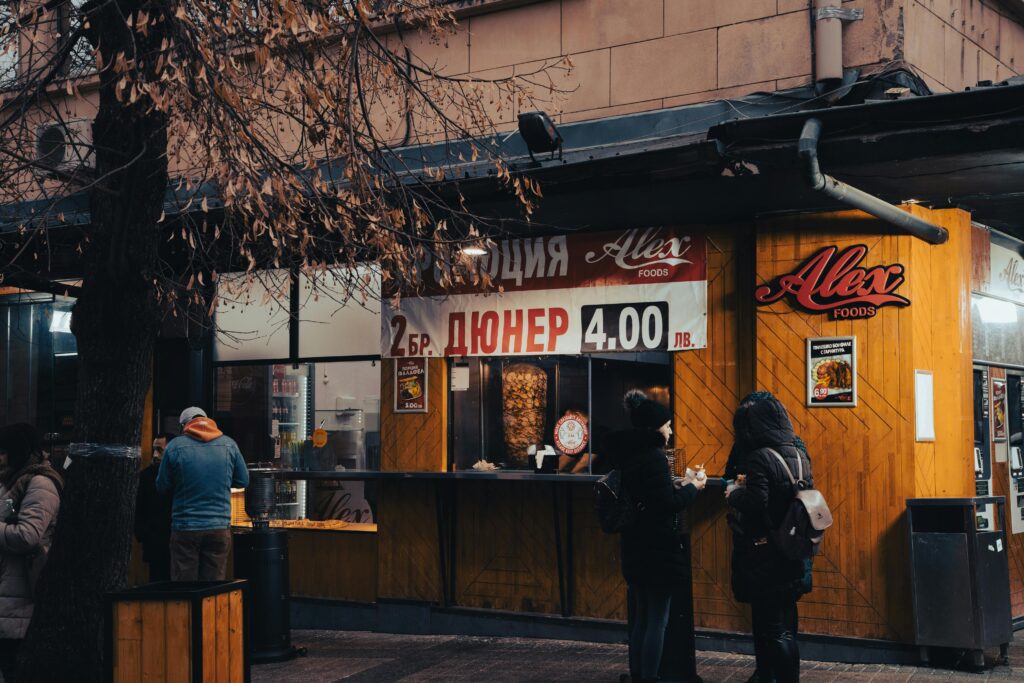
Why Bulgaria Works for Both Travelers and Nomads
This country succeeds where many destinations fail: providing authentic experiences without sacrificing practical necessities. Whether you’re spending two weeks exploring Roman ruins and mountain villages, or six months building a remote business from a Plovdiv coworking space, Bulgaria offers the rare combination of affordability, culture, and modern infrastructure.
The secret isn’t just low costs—it’s the space to live at a human pace, to have conversations with locals over long lunches, to discover art galleries tucked into medieval buildings, and to work from cafes where baristas remember your order.
Bulgaria doesn’t try to impress with flashy attractions or manufactured experiences. Instead, it offers something increasingly precious: the opportunity to travel or work somewhere that feels real, where your money stretches further, and where genuine discoveries still await around ordinary corners.
Resources for Planning Your Bulgaria Adventure:
- Bulgaria Travel Guide – Official tourism information
- Nomad List Bulgaria – Community insights for digital nomads
- Visit Plovdiv – Comprehensive city guide
- Bulgarian Wine Tours – Explore the country’s wine regions
Related Post:Why Sherpa is the Best Tool for Navigating Travel Requirements
